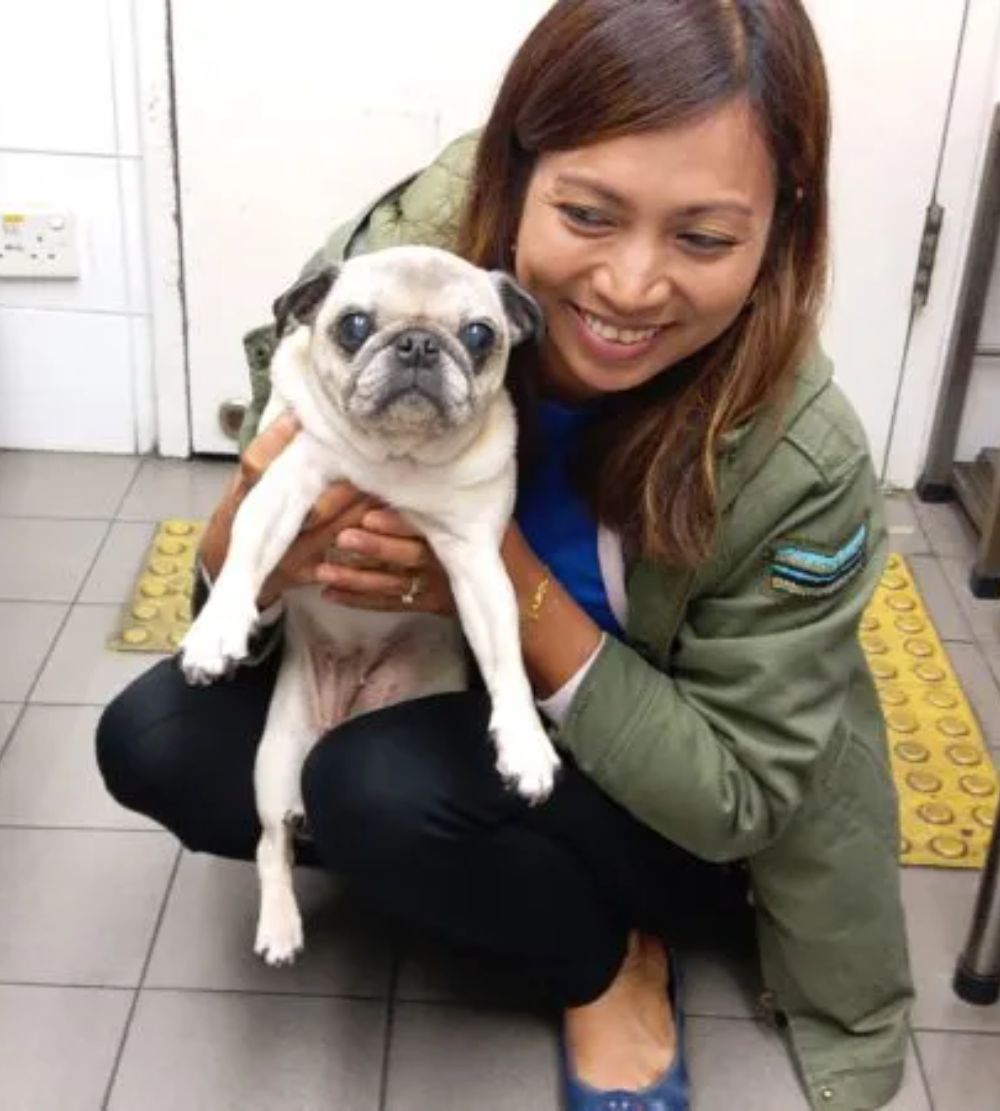
If you’re planning to import pets into Singapore, there are some important changes to the AVS rabies risk categorization system you need to know about. Starting from 1st July 2024, the system will shift from the current 4-category (A-D) to a simplified 3-schedule (I-III) system. Don’t worry, there’s a 6-month adaptation period to help everyone adjust.
Moving your pets to Singapore?
Whether you are relocating your dogs and cats or planning to bring your pets along on your next big move, understanding these new regulations is crucial. Pet relocation to Singapore involves various steps and compliance with local health standards to ensure the safety and well-being of all animals.
New Categorization Explained
The new system simplifies the previous categories by merging and reclassifying them as follows:
- Schedule I: Countries with negligible rabies risk.
- Schedule II: Countries with controlled rabies risk (previously categories B and C).
- Schedule III: Countries with high rabies risk.
Key Updates for Schedule II Countries
For countries now classified under Schedule II, here are the main updates:
- Rabies Neutralizing Antibody Titre Test (RNATT)
- The RNATT must be conducted 90 days before travel.
- Test results are valid for one year.
- Quarantine Requirements
- A 10-day home quarantine is required if the owner is not traveling within 5 days, or for pets with ownership of less than 6 months.
- For commercial shipments, a 10-day quarantine at an Animal Quarantine Centre (AQC) is mandatory. Make sure to book the AQC in advance to ensure availability. Check Out: Pet Quarantine Singapore
- Vaccination Requirements
- General vaccine requirements have been slightly modified.
- For the rabies vaccine, authorities now look back from the primary vaccination date. To streamline the process, it is recommended that owners administer the rabies vaccine within the year and wait one month (30 days) before conducting the RNATT.
Winners and Losers: Impact of the New System
Winners
Countries previously in Category C, such as Cyprus and Greece, will benefit from reduced or no quarantine requirements under the new Schedule II.
Losers
Countries previously in Category B, like Hong Kong and France, will face more stringent requirements. Pet owners in these countries will need to follow the new RNATT sequence, conducting the test 90 days before travel with a validity of only one year. Additionally, there may be home quarantine requirements for some.
For more detailed information, visit the AVS website.


